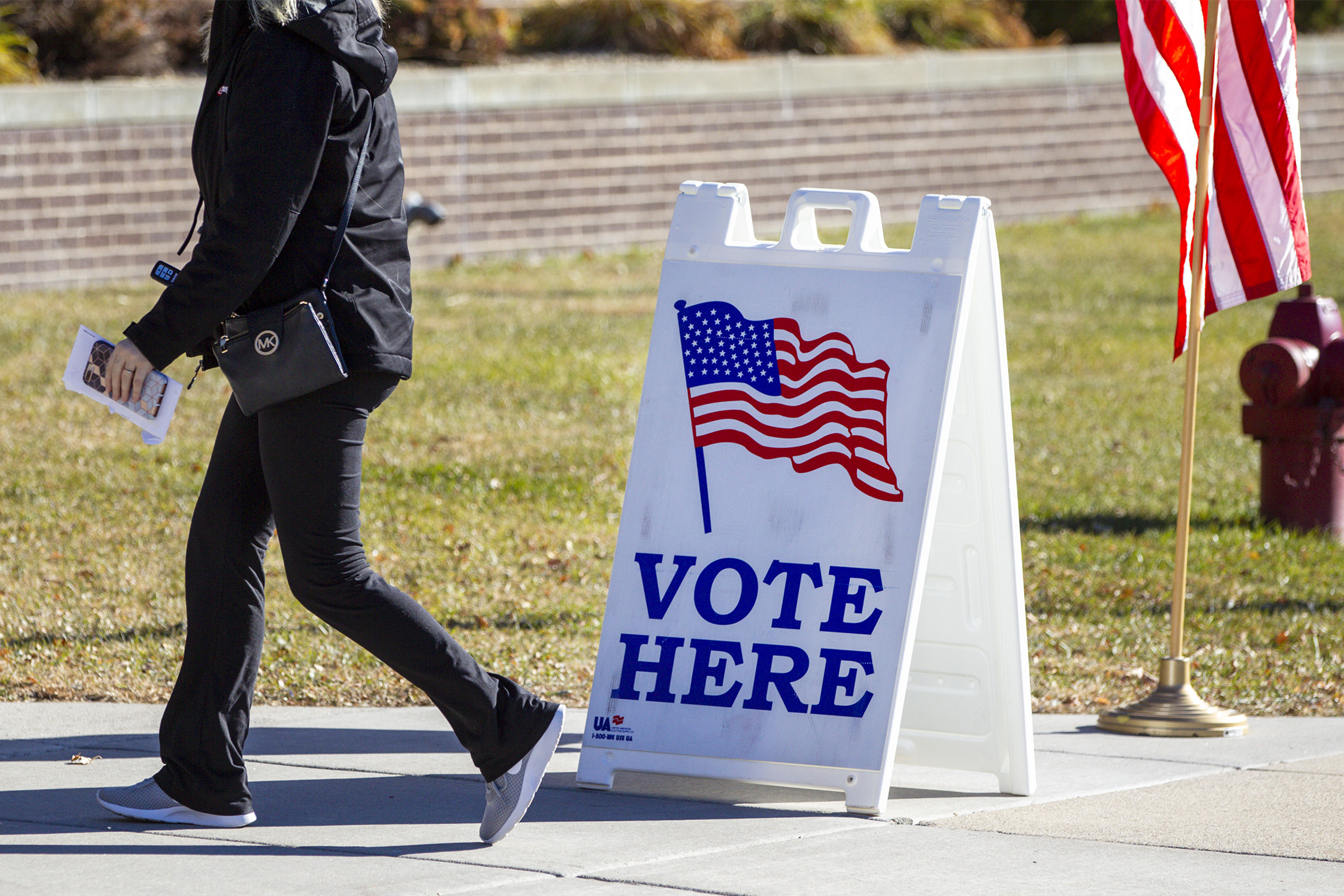‘Technical’ elections bill approved by committee on partisan vote

Party agreement seemed likely, but was not reached on bill related to voting and election processes.
“It is a bill of technical, clarifying and non-controversial changes to our election laws recommended by local election administrators around the state,” said Samm Bonawitz, director of government relations for the Office of the Secretary of State.
Approved via an 8-5 party-line vote Friday by the House State Government Finance and Elections Committee, HF1160, as amended, is headed to the House Floor. It has no Senate companion.
For example, the bill would move language from one subdivision to another for clarity. It would also add to statute that emergency response providers and utility workers could vote by absentee ballot if deployed during the absentee voting period or on Election Day.
Aiming for bipartisan support, Rep. Michael Nelson (DFL-Brooklyn Park), the committee chair and bill sponsor, said the secretary of state’s office is willing to axe items for which there is not agreement.
A pair of amendments successfully offered by Rep. Jim Nash (R-Waconia) did that, yet Republicans still did not support the final package.
One amendment takes out a section that would have removed expiration dates for using federal Help America Vote Act funds. The federal rule has since been changed so the funds can be used until they are depleted.
“There are a good amount of people in our state, on our different sides of the political aisle that have angst with this. … We’d like to deal with it at a separate time,” Nash said.
The other amendment would eliminate a proposed statutory change to extend the processing time for absentee ballots from seven to 14 days. An extension was put into effect for the November 2020 elections to accommodate an increase in absentee voting, something election officials expect to continue.
DFL members expressed concern with the amendment, but accepted it in the spirit of trying to keep the bill non-controversial.
But falling on a party-line vote was an amendment from Rep. Anne Neu Brindley (R-North Branch) that would, in part, would prohibit anyone soliciting or collecting absentee ballot applications to be paid based on the amount collected. “This really just mirrors protection related to voter registration forms,” she said.
It would also update ballot harvesting protections, including increasing the penalty for violating such laws to a felony, and extending the undue influence provision — someone cannot directly or indirectly threaten things like bodily harm or loss of employment — to someone registering to vote or applying for an absentee ballot.
“It is already in statute that bribery is illegal for number of things regarding elections,” Neu Brindley said.
Nelson urged members to vote against the amendment because the proposed changes are “more substantive” than technical.
Related Articles
Search Session Daily
Advanced Search OptionsPriority Dailies
Speaker Emerita Melissa Hortman, husband killed in attack
By HPIS Staff House Speaker Emerita Melissa Hortman (DFL-Brooklyn Park) and her husband, Mark, were fatally shot in their home early Saturday morning.
Gov. Tim Walz announced the news dur...
House Speaker Emerita Melissa Hortman (DFL-Brooklyn Park) and her husband, Mark, were fatally shot in their home early Saturday morning.
Gov. Tim Walz announced the news dur...
Lawmakers deliver budget bills to governor's desk in one-day special session
By Mike Cook About that talk of needing all 21 hours left in a legislative day to complete a special session?
House members were more than up to the challenge Monday. Beginning at 10 a.m...
About that talk of needing all 21 hours left in a legislative day to complete a special session?
House members were more than up to the challenge Monday. Beginning at 10 a.m...